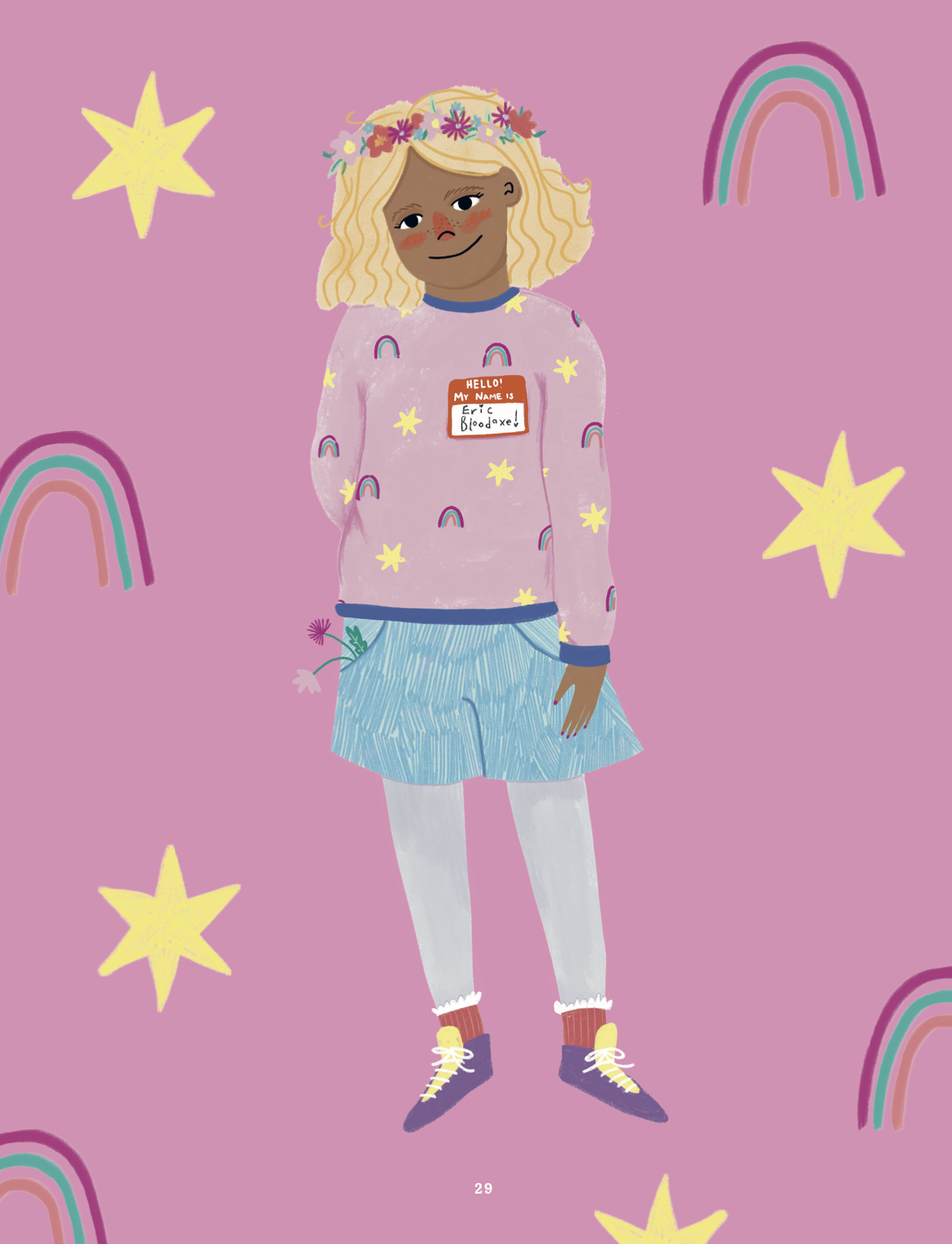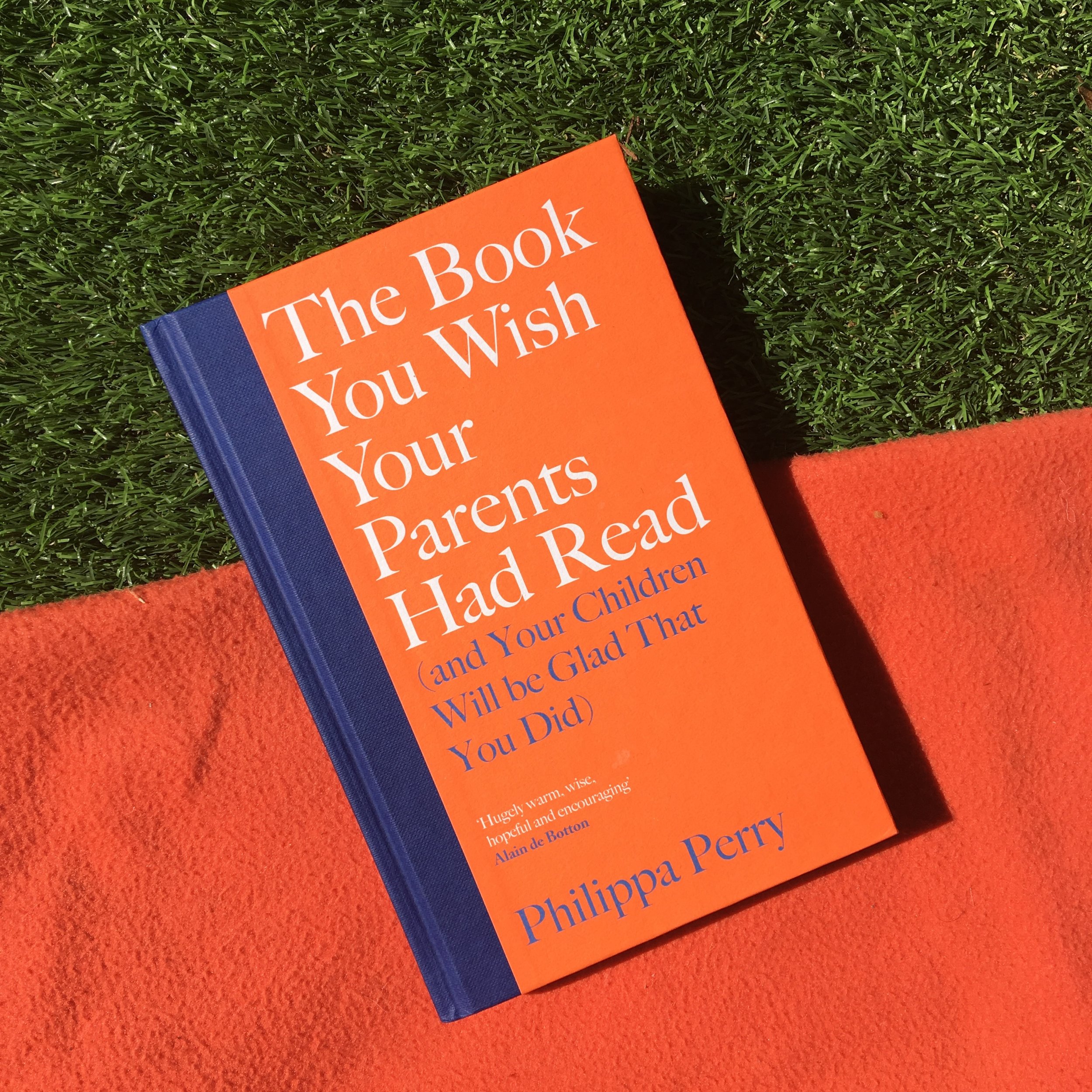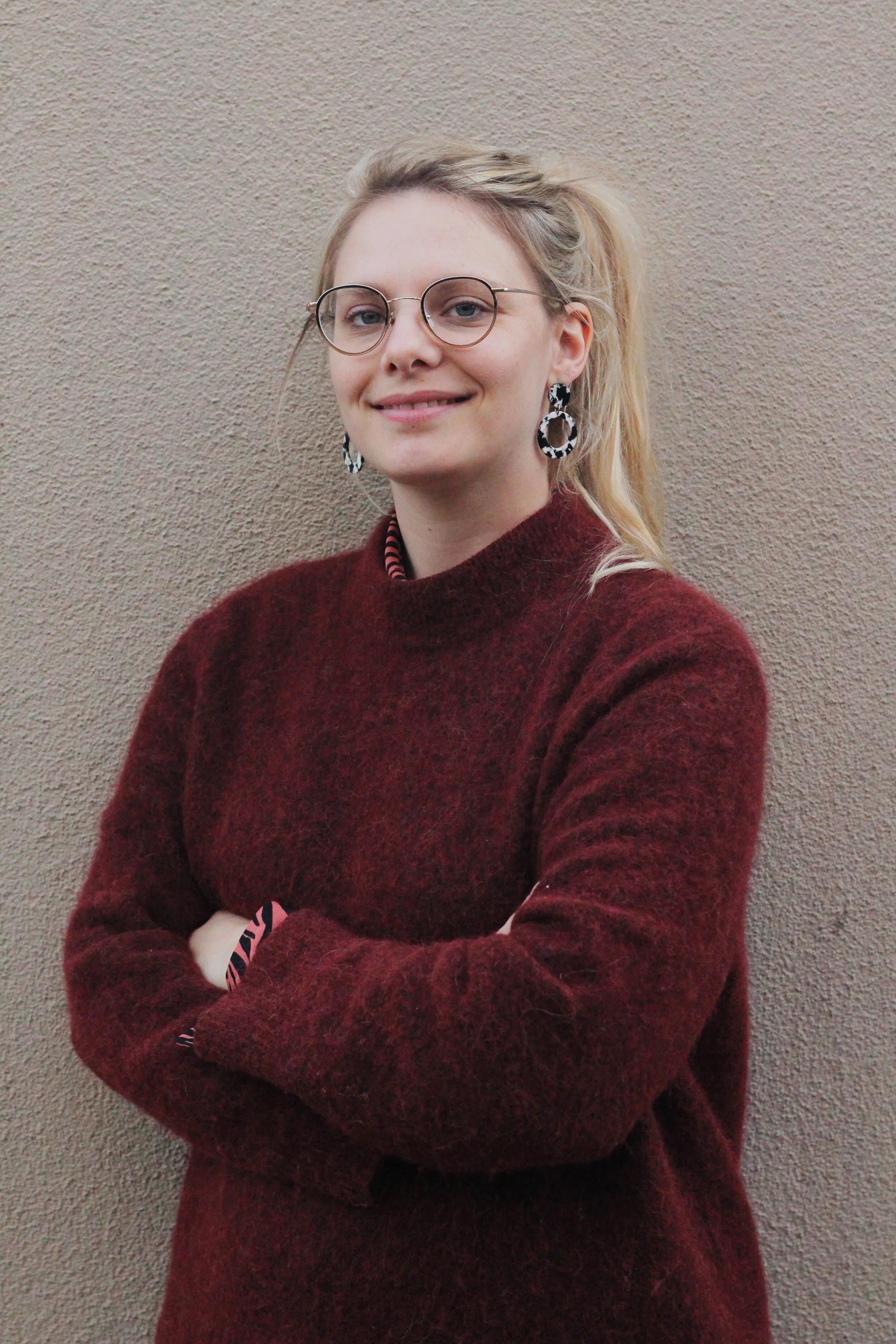Teaching Small Children About Consent
Does it feel as if there’s a small tear in the fabric of patriarchy?
Just now, it does.
Just now, the news is reporting things from the perspective of women, just now social media is spear-heading a revolution with #MeToo. Horrified, but not surprised, we watch it unfold and we hope for change.
While hoping, we’re attempting to bring up small boys into men who don’t behave like that, or condone that kind of behaviour. We’re thinking about it, writing about it and we’ve asked men who don’t casually assault women with words or actions – what’s different about
them. This is what they said:
“I didn’t ever see behaviour like that in my home.”
“I never saw The Sun, in my family page 3 wasn’t the norm.”
“I was taught to be respectful. That women are people.”
“I had a really strong mum.”
It makes a case for parents setting the agenda, and it’s empowering to think that the pressures of culture and school don’t always tip the balance – that the moral compass is likely to be aligned in the family home. With all this in mind, here are a few practical tips to help teach young children what consent is, and how they can use it.
Teach them how to say NO
It seems obvious, but it’s got to be good to teach kids what to do when somebody is doing something they don’t like. A phrase like “NO, STOP IT. I DON’T LIKE IT WHEN YOU DO THAT' said nice and loudly has quite a bit of power.
Teach them to HEAR No
Just as important is that they respect NO from their peers as well. This is very hard with toddlers who often seem to bond via wrestling! Ask them to listen for the word no, and to stop if they hear it.
Sometimes people are unable to SAY no, but they may be showing their reluctance in a different way. A good way to teach kids to see these non-verbal cues is by looking for everyday examples:
“Oh, do you think the cat likes it when you pull her tail? Is she making a funny noise?”
“Look at your brother’s face, is he happy about you squeezing his arm?”
“Look at the mummy in the book, has that dragon upset her?'”
This will also help them to develop their empathy – keep asking: “How would you feel if that was you?”
Respect their autonomy
Don’t tell kids to hug and kiss anybody. Not you, not their aunty, not their friends. Let them choose to give high fives, or smile and wave if they prefer – still very nice things to do! If they choose the high five option don’t be angry they didn’t hug you. Show them that it’s natural and normal for them to choose what they want to do with their body.
Be honest
Once, a close male friend of mine who I admired and liked, told me that he thought women “didn’t do real poos, but instead a charming little package tied with a pink ribbon would pop out of their bottoms and float down the toilet.” For years I couldn’t work out why this remark so devastated me. At the time I (of course) told him it was rot, but I didn’t have the words then to explain that he made me feel like I wasn’t a human, that I wasn’t allowed to be just like him. So now, when my kids cram themselves into the toilet with me as they invariably do, numerous times a day, and I need to change my tampon, I just do it. They ask me questions and I answer them, truthfully. I’m a woman, and I get periods, it’s not frightening or weird, it’s just a part of life like eating or drinking. Honesty is the best policy for all bodily functions and questions about sex. It’s got to be better than growing up believing the playground rumours which can certainly lead to issues around consent (and poo).
Talk
It’s a bit obvious, but a friend recently mentioned that she had asked her kids, “what should you do if you’re worried about something?” And was quite delighted when the eldest replied “I tell mummy and then I feel better.” Let them know they can always come to you with their worries and feel safe.
Teach love
Above all, teach your children to be kind. To care for others. Not to exercise their power (physical, verbal, knowledge) over others. To be empathetic. To put themselves in others' shoes. To realise their actions have consequences and that what they do can hurt and damage as well as heal and love. Once they know other people – men or women, gay or straight, dark or light skinned– are human, exactly like they are, hopefully they won't think they can treat others like objects.
What are you doing to teach your kids about this stuff? We’d love to hear.











